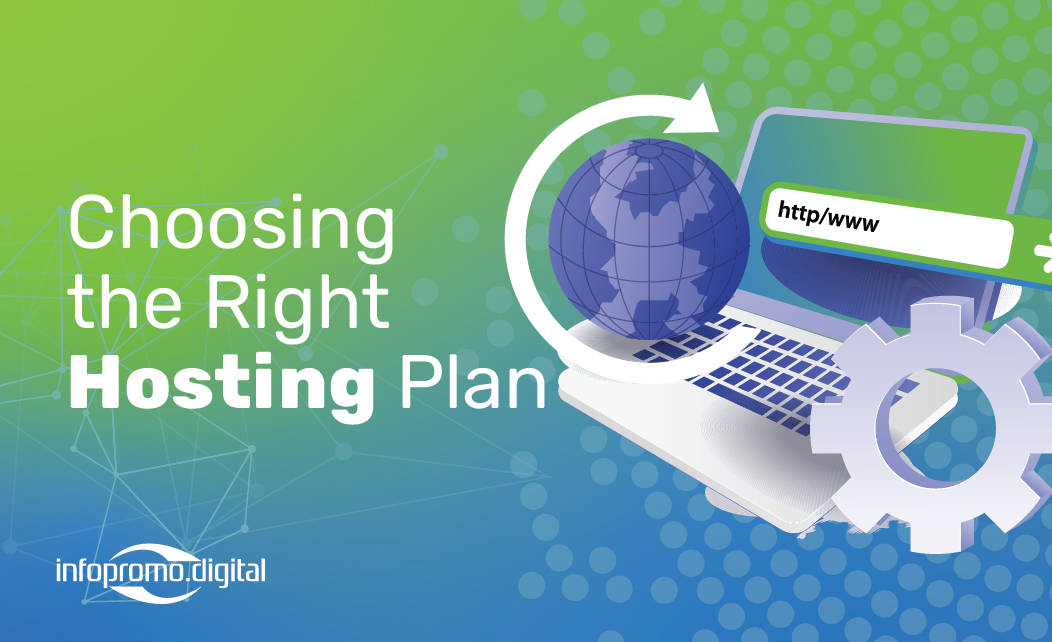
Choosing the right hosting plan is crucial for the success of your online presence. With so many options available, it can be overwhelming to find the one that best suits your business needs and budget. In this guide, we’ll explore the different types of hosting plans, key factors to consider, and tips to make an informed decision.

Types of Hosting Plans
- Shared Hosting: Shared hosting is ideal for small businesses and personal websites. It is cost-effective as multiple websites share the same server resources. However, it may result in slower performance if other sites on the server experience high traffic.
- VPS Hosting: Virtual Private Server (VPS) hosting provides a middle ground between shared and dedicated hosting. You get a dedicated portion of a server’s resources, offering better performance and more control than shared hosting. It’s suitable for growing businesses with moderate traffic.
- Dedicated Hosting: Dedicated hosting gives you an entire server dedicated to your website. This option provides maximum performance, security, and customization but comes at a higher cost. It’s best for large businesses with high traffic and specific server requirements.
- Cloud Hosting: Cloud hosting uses a network of virtual servers to host your website. It offers scalability, reliability, and flexibility, making it ideal for businesses that experience fluctuating traffic or need resources on demand.
- Managed Hosting: Managed hosting includes technical support and maintenance services, allowing you to focus on your business. This option is available for various hosting types and is perfect for businesses that lack technical expertise.
Key Factors to Consider
- Performance: Ensure the hosting plan provides sufficient resources (CPU, RAM, bandwidth) to handle your website’s traffic and performance needs.
- Scalability: Choose a plan that allows you to upgrade resources easily as your business grows.
- Security: Look for hosting providers that offer robust security features such as SSL certificates, firewalls, and regular backups.
- Support: Reliable customer support is essential. Opt for providers that offer 24/7 support through multiple channels (phone, chat, email).
- Cost: Balance your budget with the features and resources you need. Sometimes paying a bit more upfront can save you money in the long run by preventing downtime and performance issues.

Tips for Making an Informed Decision
- Assess Your Needs: Identify your website’s purpose, expected traffic, and technical requirements.
- Read Reviews: Research hosting providers and read customer reviews to gauge their reliability and service quality.
- Test Customer Support: Contact potential providers to test their response time and helpfulness.
- Check Uptime Guarantees: Look for providers that offer at least a 99.9% uptime guarantee to ensure your website is always accessible.
- Evaluate Additional Features: Consider any extra features such as free domain registration, website builders, or email hosting.
By understanding the different hosting options and considering key factors, you can choose a hosting plan that aligns with your business needs and budget, ensuring a strong online presence.




